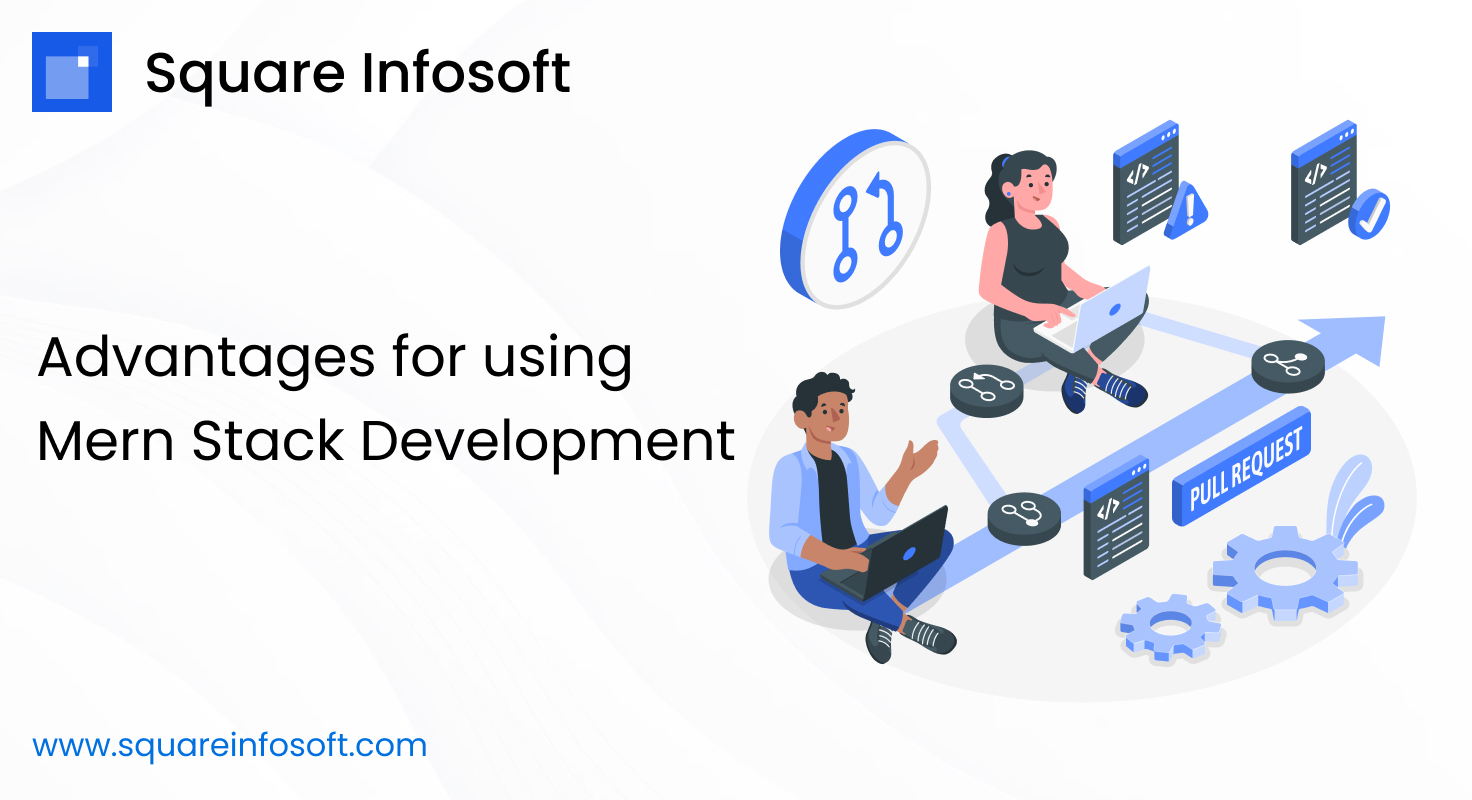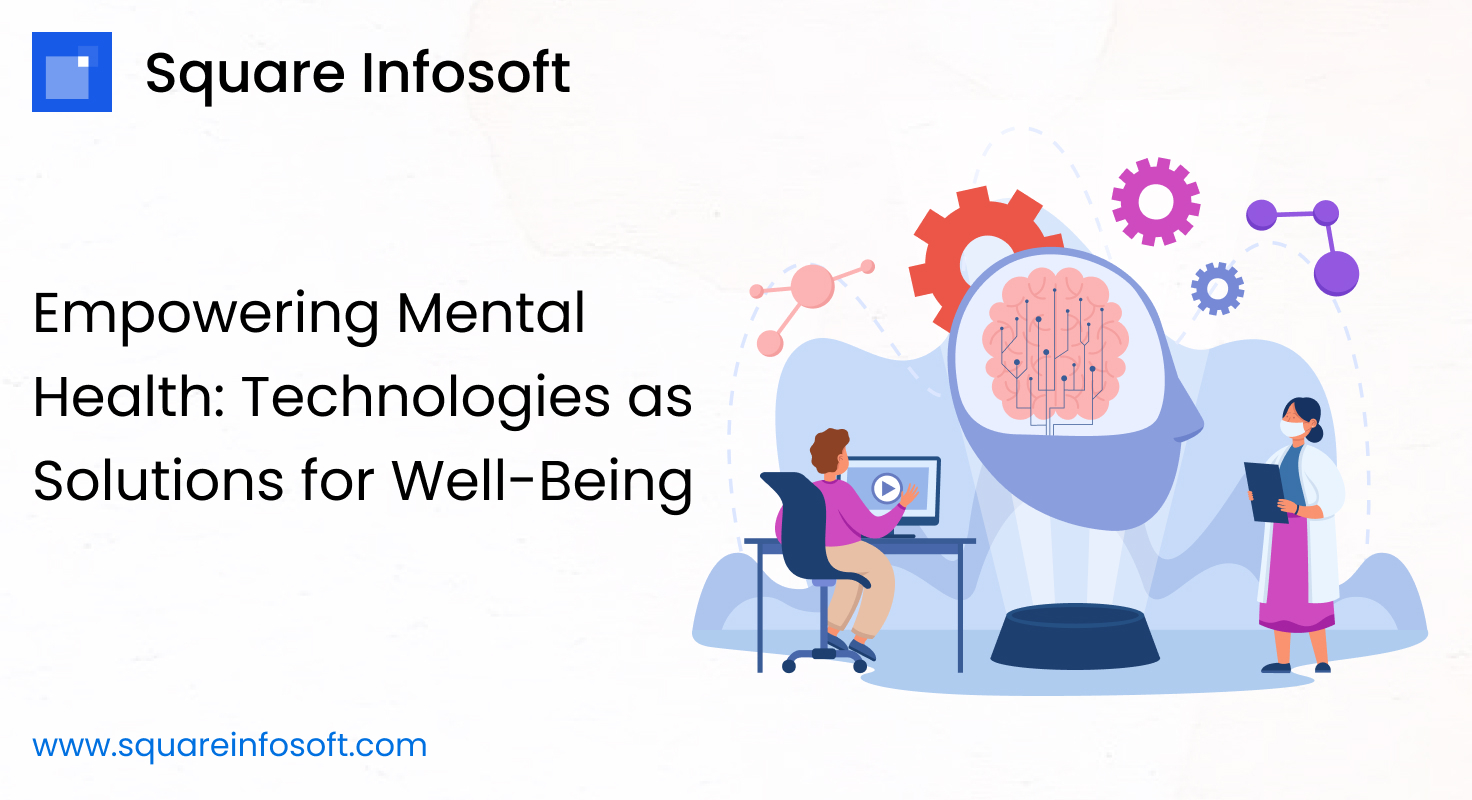The MERN stack, which consists of MongoDB, Express.js, React.js, and Node.js, is a popular choice for building modern web applications. Each component of the stack contributes unique advantages, and together they offer a comprehensive solution for full-stack development. Let’s delve into the advantages of using the MERN stack in detail:
- JavaScript Throughout:
- One of the most significant advantages of the MERN stack is that it utilizes JavaScript for both front-end and back-end development. This means developers can use a single programming language and ecosystem across the entire stack, resulting in better code consistency, reduced context switching, and improved productivity.
- Isomorphic/Universal JavaScript:
- With Node.js powering the server-side and React.js on the client-side, MERN stack applications can achieve isomorphic/universal JavaScript, where code can be shared and executed on both the server and the client. This enables faster initial page loads, improved SEO (Search Engine Optimization), and a smoother user experience.
- Rich Ecosystem and Libraries:
- Each component of the MERN stack has a rich ecosystem of libraries, frameworks, and tools that facilitate rapid development. For example, React.js offers a vast collection of reusable UI components, state management libraries like Redux, and tools like React Router for client-side routing. Similarly, Node.js has a vast repository of npm packages for server-side development, while Express.js provides a lightweight and flexible web application framework.
- Performance and Scalability:
- Node.js, with its non-blocking, event-driven architecture, is known for its high performance and scalability, making it well-suited for handling concurrent connections and I/O-bound tasks. MongoDB’s scalable NoSQL database architecture allows for horizontal scaling and can handle large volumes of data and high traffic loads, making it suitable for building scalable applications.
- Real-Time Web Applications:
- The combination of Node.js and React.js enables the development of real-time web applications that can push data to clients in real-time without the need for continuous polling. With libraries like Socket.IO, developers can implement real-time communication features such as chat applications, live updates, and collaborative editing seamlessly.
- Developer Productivity:
- The MERN stack promotes developer productivity by providing a unified development environment, seamless integration between front-end and back-end components, and a wide range of development tools and libraries. Additionally, the hot reloading feature in React.js and Node.js allows developers to see changes instantly without having to reload the entire application, speeding up the development process.
- Community Support and Resources:
- The MERN stack has a large and active community of developers, contributors, and enthusiasts who provide support, share knowledge, and contribute to the ecosystem through open-source projects, forums, tutorials, and online resources. This vibrant community ensures that developers have access to a wealth of resources, documentation, and community-driven solutions to common challenges.
- Flexibility and Customization:
- The MERN stack offers flexibility and customization options, allowing developers to tailor the stack to suit the specific requirements of their projects. Whether building a small prototype, a single-page application (SPA), or a complex enterprise application, developers can leverage the modular nature of the MERN stack to customize and extend functionality as needed.
- Cost-Effectiveness:
- The MERN stack is built entirely on open-source technologies, which means there are no licensing costs associated with using the stack. Additionally, the rich ecosystem of open-source libraries and tools reduces the need for proprietary solutions, resulting in lower development costs and increased affordability for businesses and developers.
- Ease of Deployment:
- MERN stack applications can be easily deployed to various hosting platforms and cloud services, thanks to the lightweight and portable nature of Node.js and the flexibility of MongoDB. Whether deploying to traditional servers, containerized environments (e.g., Docker), or serverless architectures (e.g., AWS Lambda), MERN stack applications offer flexibility and ease of deployment options.
In conclusion, the MERN stack offers numerous advantages for building modern web applications, including a unified JavaScript ecosystem, isomorphic/universal JavaScript capabilities, rich libraries and tools, performance and scalability, real-time capabilities, developer productivity, community support, flexibility, cost-effectiveness, and ease of deployment. These advantages make the MERN stack a compelling choice for developers looking to build high-quality, scalable, and feature-rich web applications.




